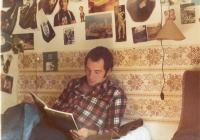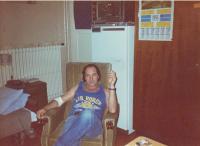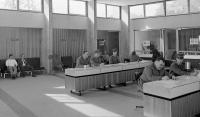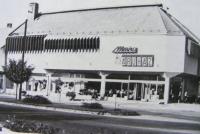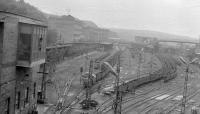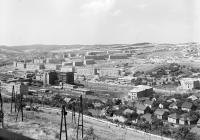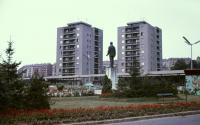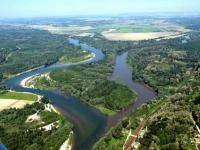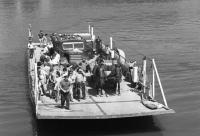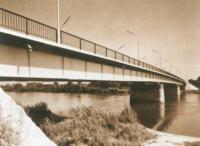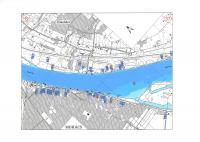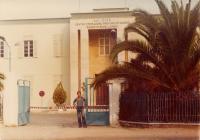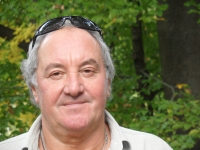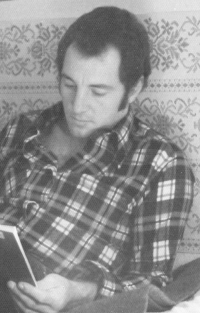I was like one possessed; I had to get away from there

Download image
László Deres was born in 1948 in Gölle, Somogy county. His grandparents were farmers and were labelled as kulaks in the Rákosi era. His father worked as a miner in Komló. László completed his secondary school studies in Dombóvár and had been checked on by the AVH several times. He graduated from secondary school in 1966 and continued his studies in a higher vocational school training water experts, but dropped out after the first term. From 1967 onwards he was doing his military service in Taszár as a driver. On completing his military service, he worked as a miner and a driver alternatively. He fled the country illegally swimming across the Danube at Mohács to the other side. Alongside with his expecting wife, they made it to the Yugoslavian-Italian border but due to exhaustion they gave up and hitch-hiked back to Letenye, where his wife crossed the border using her passport, but he swam across the River Mura at Letenye. He was caught and sentenced to 8 months’ suspended imprisonment. In August 1975, he made another attempt swimming across the River Drava at Heresznye. He stayed at a refugee camp in Latina, Italy. He arrived in the United States in 1976 but unable to overcome his home sickness, was determined to come back to Hungary. He flew to Rome in 1977 and arrived in Hungary via Yugoslavia, where he was arrested, and extradited to the Hungarian authorities. He had been sentenced to two years and four months for leaking military intelligence and illegal border crossing. After his release he worked in Komló as a professional driver. While working, he hit a drunk man, who died from his injuries. Though no fault of his own, Deres was arrested and sentenced to 9 months in jail. After being released, he began working in a local mine. Between 1988 and 1990 he worked as a taxi driver, then again as a truck driver, and finally as a bus driver before retiring in 2010.
